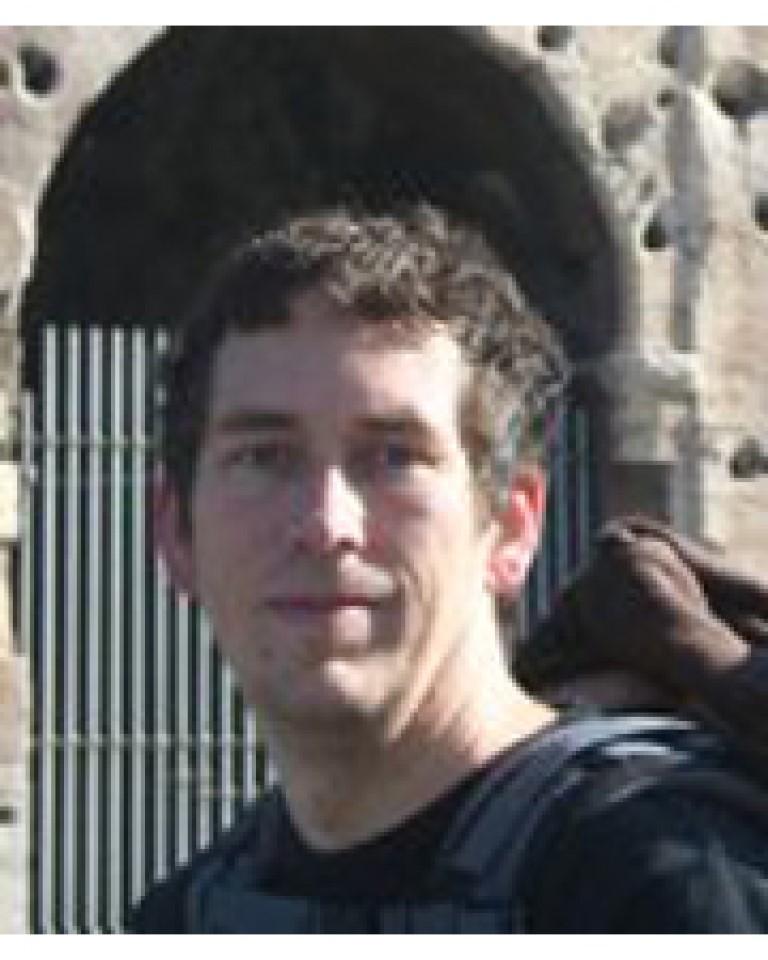Nate Brunsell

MENTOR SPOTLIGHT | MARCH 2014
Department: Geography
Years at KU: 9
Describe your research in a few sentences that we can all understand: I study climate change, primarily the interaction between vegetation and the atmosphere. My focus is on water and carbon cycling through the use of satellite data, field measurements and climate models.
Q: How did you first get interested in doing research?
A: When I was an undergrad I was given the opportunity to work on some evaporation stations in New Mexico that allowed me to do field work and showed what kind of new studies were being done and the interaction between computer models and field studies for water cycling.
Q: Is there someone who has been a great mentor to you? What about that person made him/her an effective mentor?
A: My undergraduate advisor at UNM encouraged me through discussions of what was happening in the field and showed me a lot of the new things that were exciting to him. He also allowed me to develop my own ideas within the context of the project. I think what was really effective was being able to identify when to step in and help and when to let me struggle with the problem.
Q: What advice do you have for undergraduates interested in doing research in your field?
A: In my opinion, the more interesting research is happening at the intersections of traditional disciplines. This means that students need the strength in their own area, but also a willingness and an interest to work with other areas. Researchers need to be able to understand and apply findings from different disciplines to their own problems. This is a set of skills that is difficult and time consuming to develop, but ultimately makes it more fulfilling. I would encourage you to start looking outside of your discipline early and often.
Q: What is your favorite part about mentoring undergraduates?
A: Watching students move from simply doing well on homework to becoming invested in their own research projects.
Q: What do you find to be the most challenging part of mentoring undergraduates? Do you have any strategies that have helped you address this challenge?
A: It took me a lot of time to realize that different students were looking for different things with research projects. So developing individual projects that allow the student to get what they want out of the project. The best way to address this is just being very open in the beginning on what is interesting to both the student and the mentor and helping the student identify their interests and working together to develop the project.
Q: How do you spend your time when you aren’t teaching or researching?
A: Mostly I spend time with my wife and two children. I also play guitar and really enjoy seeing live music.